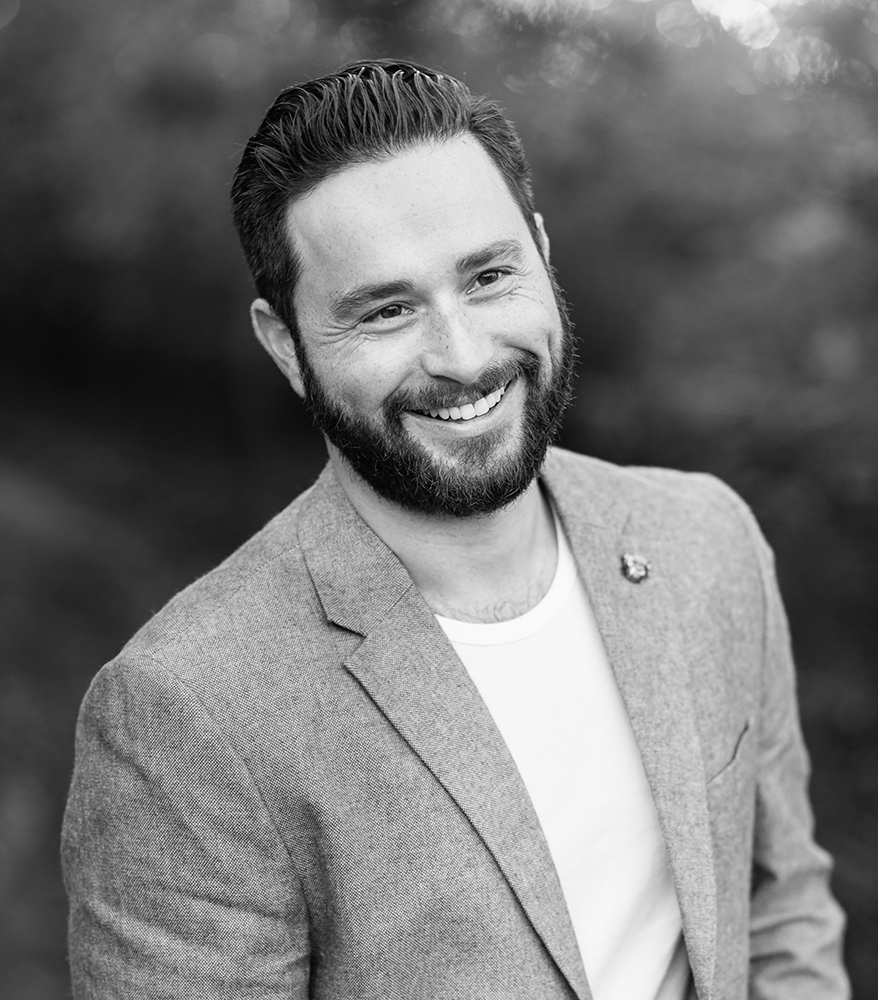In venture capital, mo’ money is often the goal, but this former Wall Streeter believes it should mean more support, and help for early stage companies.
Written by Holly Walker
Starting a new business can be daunting, especially when faced with the harsh statistical reality that 90 percent of new businesses fail. Beyond the idea, there are more practical reasons for failures; lack of sufficient capital being one of them.
But Matt Cohen, founder of Ripple Ventures, a venture capital fund, is helping change the investing landscape to have a lasting impact on companies beyond just a capital injection.
Ripple Ventures launched this year with the belief that early-stage investments should be inclusive of ancillary services. Cohen believes in an operator first, investor second approach and opened The Tank — a Toronto-based incubator for Ripple’s portfolio companies to work from.
With a background spanning Wall Street to Bay Street, this isn’t Cohen’s first venture into finance.
After graduating from Dalhousie University, Cohen started his career in New York on Wall street working for RBC Capital Markets, covering global hedge funds.
While working at RBC Cohen helped start Turnstyle Analytics, a wifi-marketing company. Writing the first cheque to get the company off the ground, Cohen saw it eventually grow to a team of 45 employees. Turnstyle, now known as Yelp Wi-Fi, was acquired by crowd-sourced review website, Yelp, last year for around $20 million.
Seeing first hand how a company was formed and the positive impact he was able to have from an early stage through to its success inspired Cohen to create Ripple—named after the ripple effect— initially a holding company Cohen set up to invest in early stage companies. Once Cohen saw Turnstyle gaining success, he redeployed capital back into the ecosystem and created the fund, Ripple Ventures.
The fund is modeled to have 12 portfolio investments total and invests in early stage companies, focusing on enterprise software. But, Ripple Ventures is about far more than offering capital.
Driven by a desire to build an ecosystem where everyone benefits from each other, Cohen believes in supporting people even when they’re not doing well — creating an everlasting ripple effect both in the market and in life with a pay-it-forward mentality.
Here are 8 quick Q’s with the finance aficionado
How was The Tank created?
We wanted to provide more ancillary benefits to our portfolio companies by providing real estate and an office space for them to have desks, fully stocked kitchens, boardrooms, meeting spaces and places for them to bring investors. The Tank lets them work with like-minded entrepreneurs and share in the cultural dynamics of early stage startups.
Does the Tank provide mentorship?
We have advisors and entrepreneurs in residence that are part of our portfolio fund that range from healthcare executives, to media, to recruiting, and startup executives. We also host a biweekly speaker series called Tank Talks. Advisors and entrepreneurs in residence give speeches to all of our portfolio companies on their area of expertise; sales, recruiting, project management and so fourth.
What advice can you offer to entrepreneurs thinking about investors?
When it comes to funding, I wouldn’t focus on getting capital from these investors as your only goal. I would truly focus on seeing if you can have their contacts and operating expertise. Doing a lot of research on funds and investors before you meet with them is really important. Go through their Linkedin and see who they’re connected to, see what other companies they’ve invested in and ask them what it was like to work with those investors.
What should entrepreneurs expect from a meeting with Ripple?
We always like to hear the story of why they decided to work on this problem. At Ripple we typically invest in technical teams that came from the industry that they’re now working in, who saw a problem, couldn’t find a solution and wanted to build it themselves. We also like to understand the product and why it’s better than any other solution. It’s really about people, process, and product for us.
What has been your biggest failure?
My biggest failure in investing in early stage tech companies was trusting other people’s research and due diligence. There’s a saying by Warren Buffet that is “If you need to get in line to invest, then you gotta get the heck out of line.” Now I do all my own research. Those are mistakes I definitely will not make again.
What has been your biggest success?
Having people in the community come up to us and say that they like what we are doing and that we are bringing a breath of fresh air to the venture capital community and to startups. It makes me feel like we are doing more than just giving capital to companies.
Do you have any mentors or role models?
My first boss when I was at RBC Capital Markets was, and still is my mentor. I was the first co-op student they ever hired on the equity trading desk at RBC. He gave me a shot to move down to New York and cover some of the smartest and brightest hedge funds globally, and to this day he pushed me in the direction to do this full-time, to take chances on people, and gave my impact on early stage companies a stronger meaning for me.
What is one part of your daily routine, non-work related, that helps you stay balanced?
I recently signed up for a personal trainer and have been going to the gym three times a week. I set aside time in the day for alone time, to put on my headphones and not have any meetings and reflect on what I want to get accomplished. I also meditate and have a life coach.













